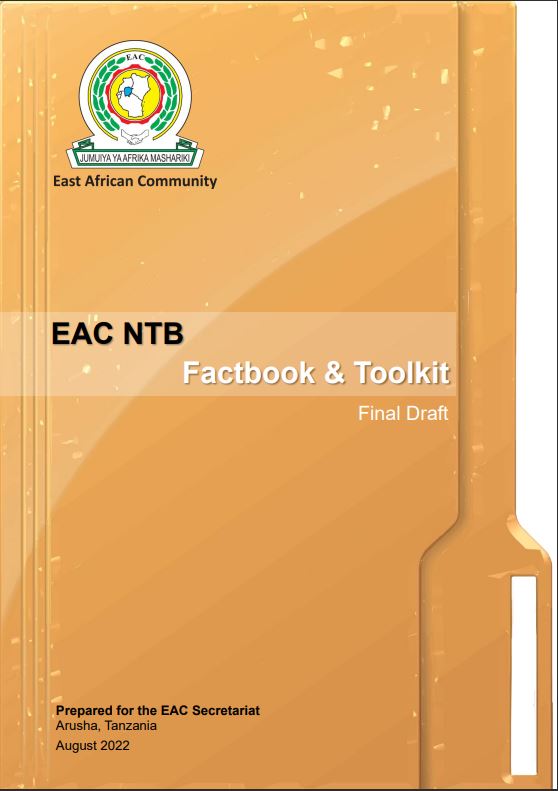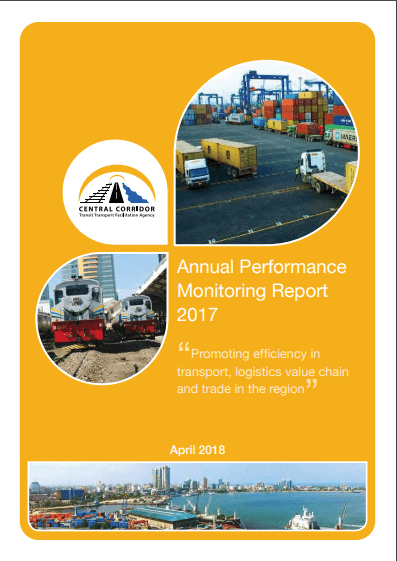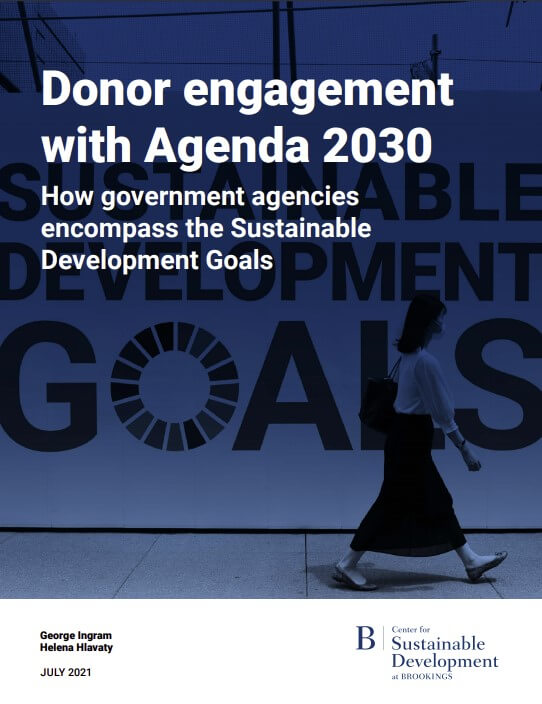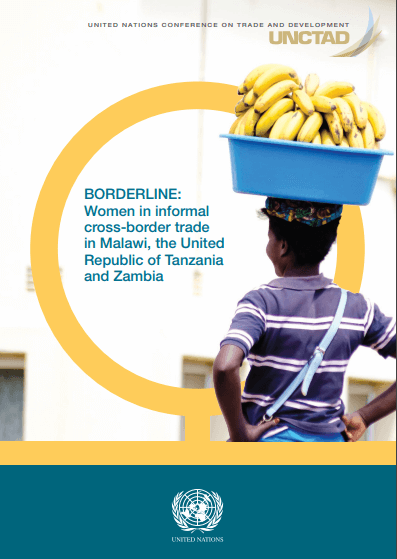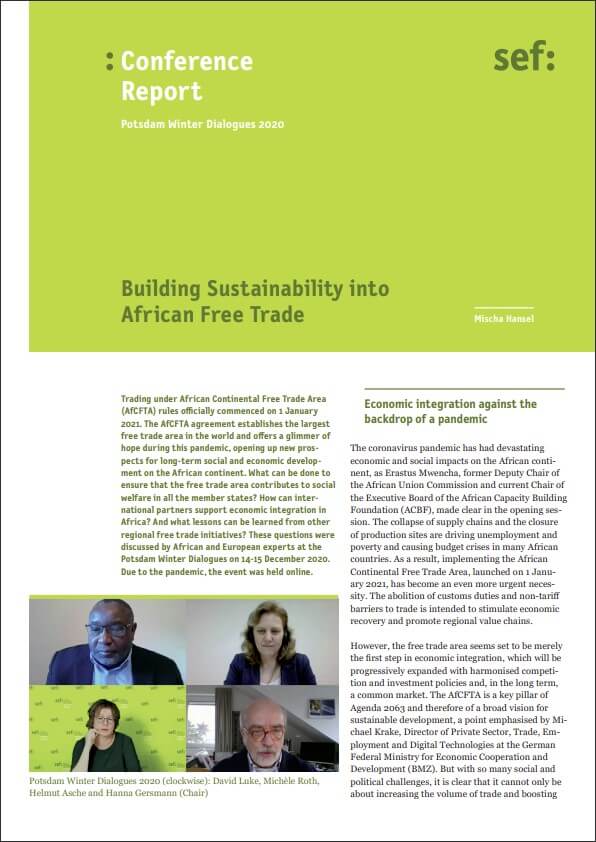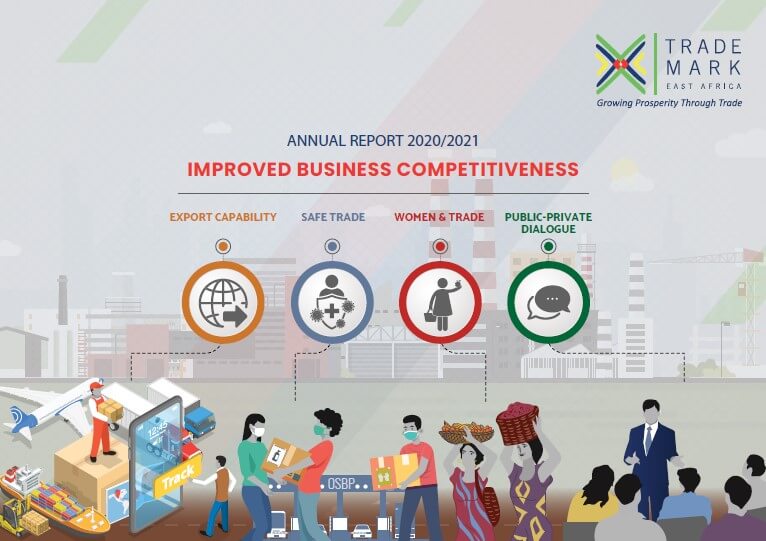Understanding non-tariff barriers in the East African Community Non-Tariff Barriers (NTBs) play a significant role in increasing the cost and time of trade or doing business or simply impede trade between or amongst partner states. The East African Community (EAC) Elimination of Non-Tariff Barriers Act 2017 refers to NTBs as laws, regulations, administrative and technical requirements other than tariffs imposed by a Partner State, whose effect is to impede trade. Many of the regulations and technical requirements that affect trade – rising from Non-Tariff Measures (NTMs) – serve legitimate policy objectives to safeguard public health or the environment. The EAC Elimination of Non-Tariff Barriers Regulations, 2017 highlights that one aspect of what makes an NTM an NTB is whether a “measure is discriminatory and restricts trade directly or indirectly. This factbook and toolkit provides an overview of the various categories of NTBs, why NTBs are harmful and how to identify, report and monitoring the resolution of NTBs in EAC context.
The East African Community Non-Tariff Barriers Factbook and Toolkit
Posted on: February 4, 2024
Posted on: February 4, 2024

